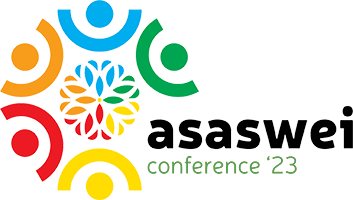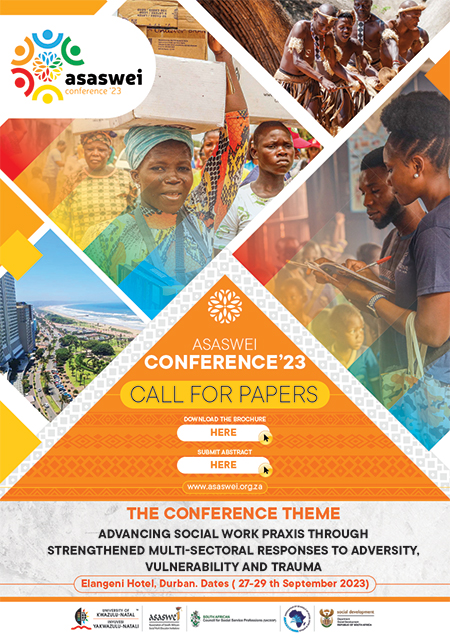The Table page displays a submission's general information and data using tabular layout. Watch video
Submission information
Submission Number: 133
Submission ID: 188
Submission UUID: 3dfce65f-6622-40cb-83bc-a2001856506d
Submission URI: /2023/abstracts
Created: Mon, 07/17/2023 - 08:33
Completed: Mon, 07/17/2023 - 08:35
Changed: Wed, 08/16/2023 - 14:09
Remote IP address: 146.141.14.45
Submitted by: Anonymous
Language: English
Is draft: No
Current page: Complete
Webform: Abstract
| Title | Dr. |
|---|---|
| Lastname | Bala |
| Firstname | Samkelo |
| [email protected] | |
| Mobile | 0786657721 |
| Institution | University of Witwatersrand |
| Biosketch | Black Consciousness |
| Is there a Second Presenter? | No |
| Title of Presentatation | Addressing Colonial-Apartheid Legacy and Infrastructural Barriers in Access to Substance Use Disorder Treatment in South Africa's Eastern Cape Province |
| Theme Selection | THEME 2: Building sustainable, resilient, and self-reliant communities through indigenous modalities, inter-sectoral collaborations, and partnerships |
| Subtheme TWO Selection | SUB 2.6 Multi-sectoral strategies for mental health and substance abuse prevention and intervention |
| Select your Presentation Type | Oral Presentation |
| Abstract | Despite the official end of apartheid in 1994, systemic barriers to accessing resources and human rights continue to exist in certain parts of South Africa. One example of this is inadequate access to substance use disorder treatment, which exacerbates the problem. Substance use disorder is recognised globally as a multifactorial health issue, and South Africa's struggle to address this phenomenon is compounded by infrastructural deficits. To gain insight into the problem, a qualitative study was conducted, involving semi-structured interviews and focus group discussions with 15 participants in East London in the Eastern Cape, South Africa. The research findings revealed several problems, including a lack of substance use treatment centres, the impact of colonial and apartheid segregation on access to these centres, inadequate human resources for treating substance use disorder, and insufficient financial support for implementing treatment programmes. Inconsistencies in the treatment of substance use disorder pose a threat to the success of policies. The Eastern Cape e is the most neglected area in terms of resource allocation and access to substance use treatment centres. |
| Title | Prof |
| Firstname | Mariette |
| Lastname | van der Merwe |
| Does the Abstract fit the selected Theme? | Yes |
| What Area does this Abstract Focus on? | Empirical Research |
| Status | Accepted |
| Title | Prof |
| Firstname | Thulane |
| Lastname | Gxubane |
| Does the Abstract fit the selected Theme? | Yes |
| What Area does this Abstract Focus on? | Empirical Research |
| Status | Accepted |

